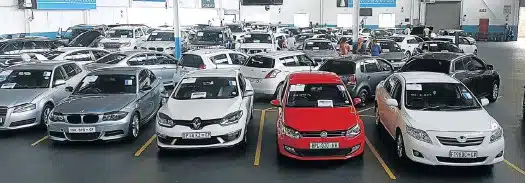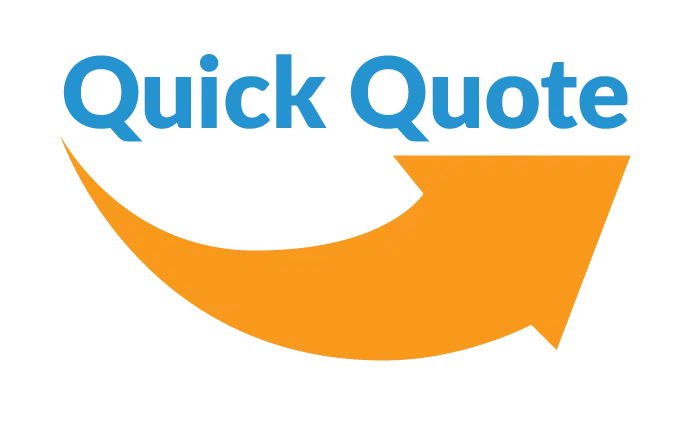
How to Buy a Repossessed Car in SA

Detailed guide to buying a repossessed car on auction
Buying a repossessed car on auction is a great way of saving money, however, there are certain valuable guidelines to follow in order to avoid the disappointment of buying an inferior vehicle which will ultimately result in spending unnecessary money on repairs. Continue reading for further information on cost-effective buying and stress-free maintenance.
The impact that Covid-19 had on the economy is vast and the effects thereof are felt by the broad public. Major Banks in South Africa are expecting the rate of cars being repossessed and sold at auctions to escalate rapidly as many are finding themselves without employment and no relief structures in place.
For anyone in the market looking to purchase a vehicle, there are fantastic opportunities being offered with repossessed cars which are currently sold at up to 78% discount. This is most certainly the ideal time for any potential buyer to grab the opportunity of great savings. Speaking of savings…when was the last time that you checked to see if you could save on your car insurance? Use our 5-minute online car insurance premium comparison engine:
Unfortunately, there are a fair amount of hidden risks involved in purchasing cars at auctions for the inexperienced buyer. It is therefore imperative to gain a fair amount of knowledge with regards to not only when and where to buy, but also what to look out for and what to avoid.
Here are some fundamental points to consider and look out for when visiting an auction
Viewing and inspection prior to the auction
Once you decide to make use of an auction to purchase a repossessed vehicle, start looking for notifications of upcoming auctions (There will be a helpful list at the end of this article).
Most cars to be auctioned will be available for viewing two days prior to the auction date, however, some cars may not yet be on site as they haven’t arrived from the city of repossession.
This is when you need to have a general idea of what you are looking for as well as what you are trying to avoid as far as loopholes and buying a blunder is concerned. Use these two days constructively by inspecting the vehicle that you are interested in. Make every effort to view the service record of the car as it is important to establish that the prior owner serviced the car regularly and the general maintenance of the car is up to standard.
There are however certain Banks and auction houses that do not make service records available to prospective buyers. Although these cars not on site yet will be on the auction list, it would be a risk bidding on a vehicle that you have not had the opportunity to inspect prior to bidding.

Auction houses and banks do not permit test driving of any cars during the two-day inspection period although some may permit the starting up of the engine for you to inspect.
It is wise to take down the VIN number of the car that holds your interest in order to do your own checking on the vehicle. With the VIN number you can check whether the car has been in any accidents which would most certainly be a clear indication to search for another car. The local police can also verify that the car is not a stolen vehicle, using the VIN number. So get that VIN number before making any unwise decisions.
The safest route to take when purchasing a repossessed car is to only consider the vehicles still under warranty or those with a comprehensive motor plan in place. It is very easy to miss a major fault with a vehicle with the naked eye upon inspection and this could turn into a very costly experience later on. The majority of motor vehicle manufacturers offer warranties for the duration of three years or 100,000km, whichever comes first. These warranties are great and protect the owner of the vehicle, new, used and even auctioned against most of the electrical and mechanical components that may malfunction during this period. Checking that the warranty and/or comprehensive motor plan is in place may save you a great deal of unnecessary costs at a later stage.
It is always advisable to know the value of the car that you are interested in buying. During the two-day inspection prior to the auction, be sure to take down the make, model, year, and kilometers on the clock. This will greatly assist you in obtaining the true value of the vehicle by making use of certain apps such as FirstCheck.
- Finances
In order to avoid disappointment when finding the perfect car, always have your finances in order prior to visiting an auction house. All vehicles to be auctioned will be available for viewing two days prior to the auction date. The moment that you spot the vehicle you intend on purchasing, ensure that you have your personal funds available and arrange the finance from your financial institution prior to the auction date.
- Auction registration and costs
In order to register for an auction you will be required to pay a deposit that can range anywhere between R5000 and R7000. This deposit will be refunded should you not buy a car during the auction. South African citizens are required to provide the auction house with proof of residence as well as a copy of their identity document.
Prior to registration enquire thoroughly about all costs involved in registering as some institutions charge a “buyer’s commission” which is generally 5% of the value of the sale price and is payable by the buyer.
Auction houses, as well as banks, may also charge an additional fee of up to R3000 for administrative duties.
Certain banks such as Nedbank’s Motor Finance Corporation (MFC) will charge a fee for the inspection report which is done by the vehicle inspection company Dekra Automotive and this is usually a fee of R571.74. The benefit of this cost is that these reports are available for each repossessed vehicle auctioned by the institution.
To assist with the search for a reliable auction house we have compiled a list of the major auction houses and banks that offer this service.





